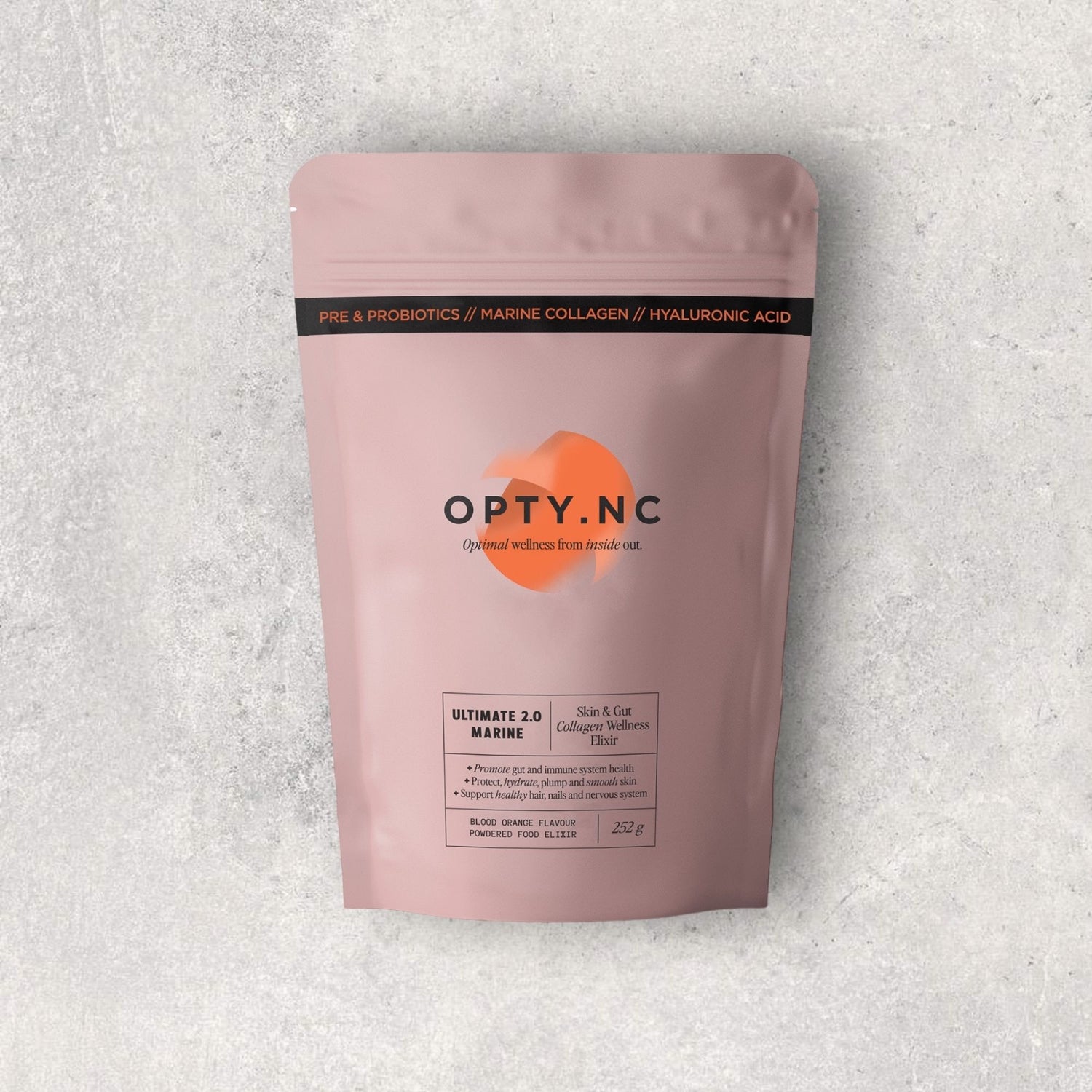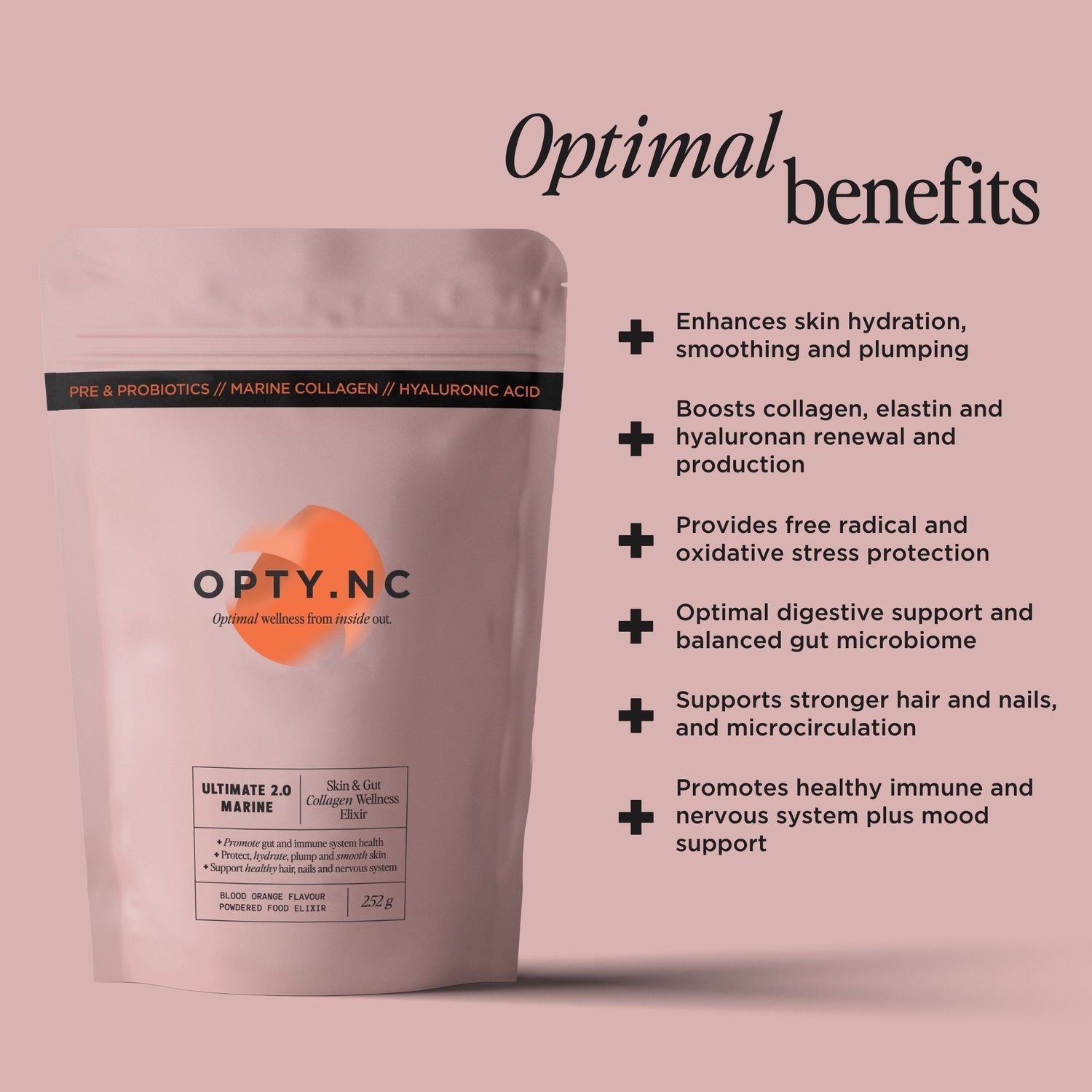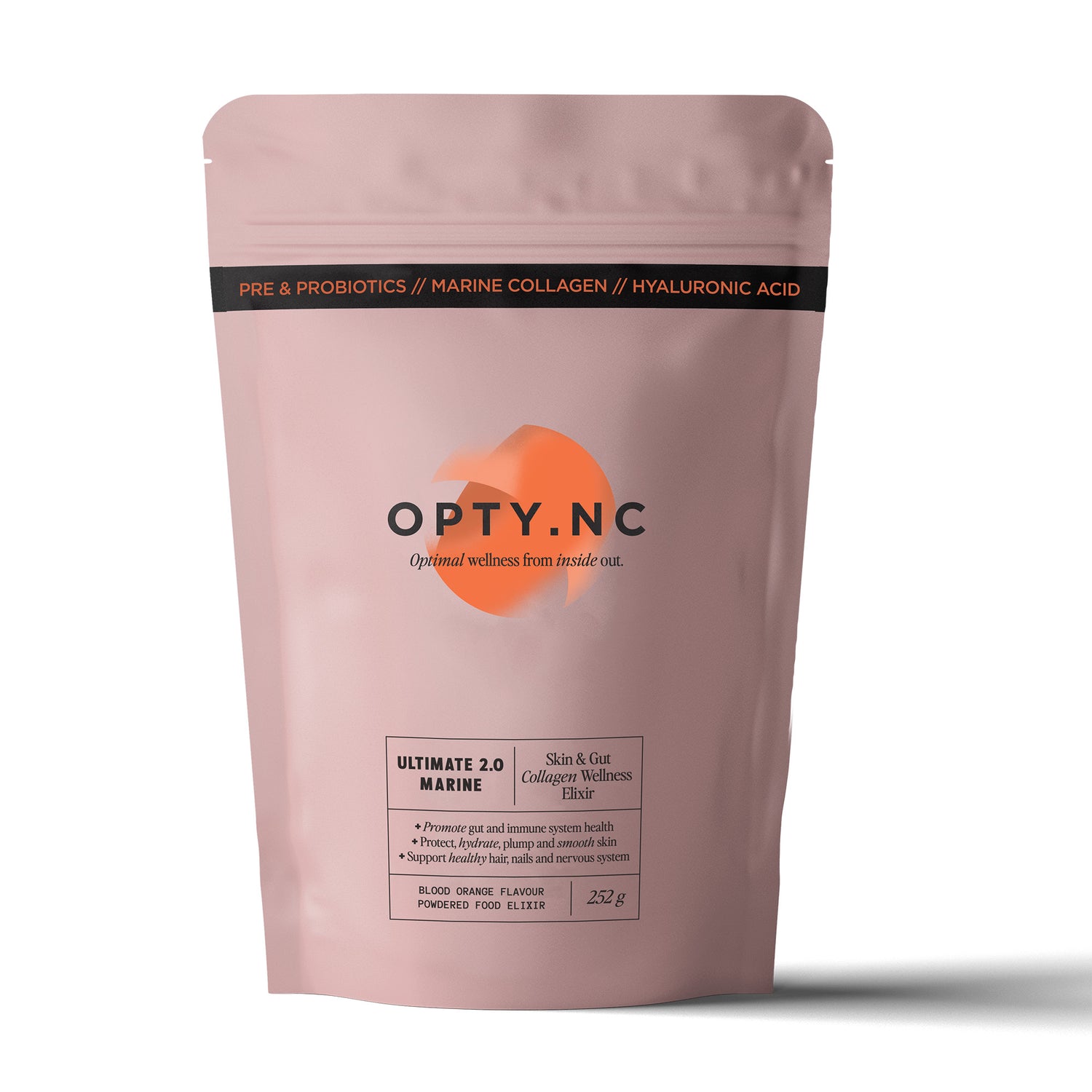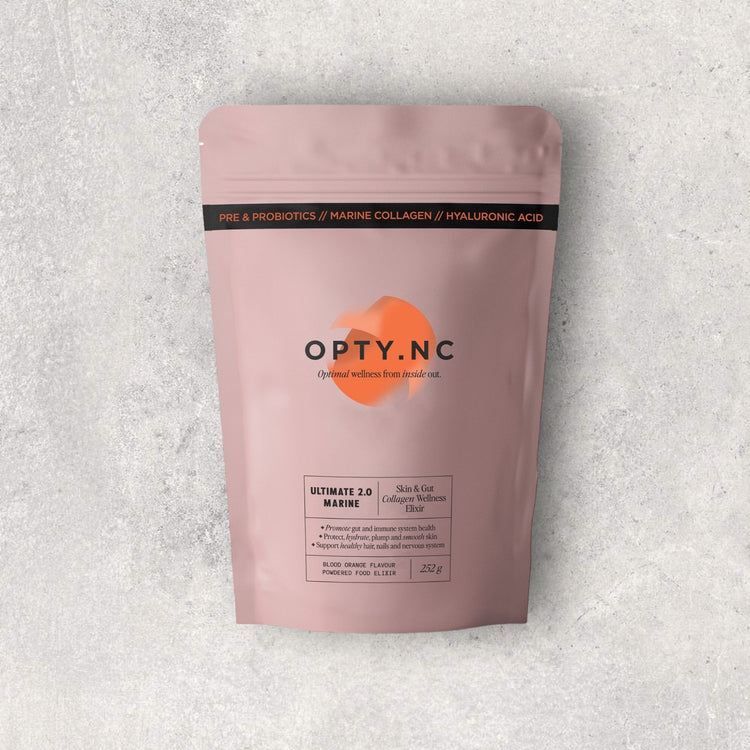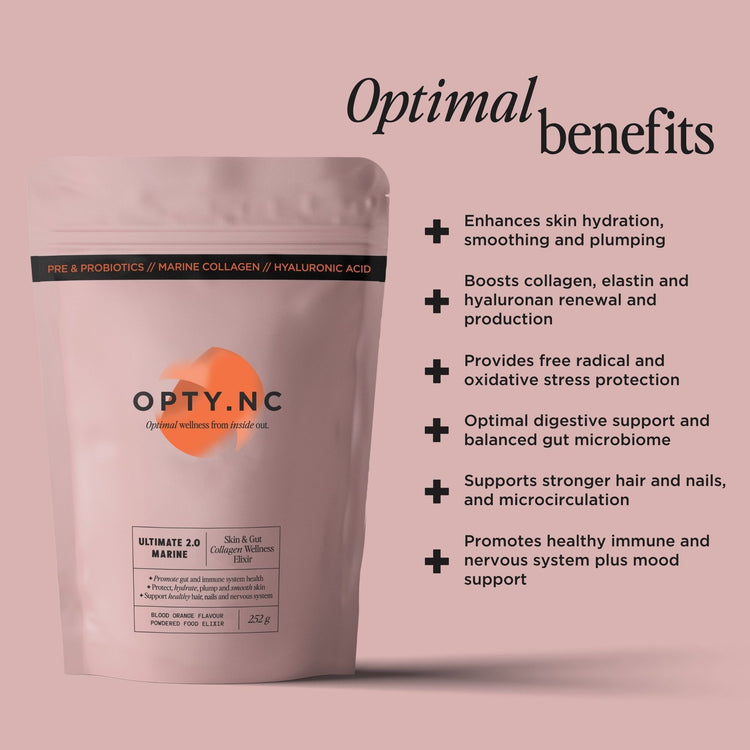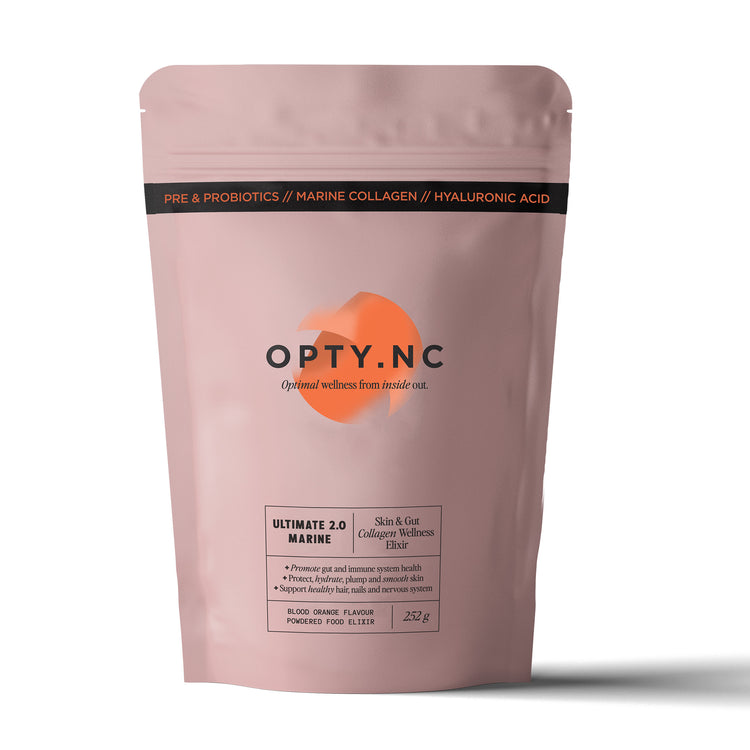In our modern landscape, where demands tug at us from every direction, mastering the art of multitasking has become a crucial skill for individuals everywhere and a vital conversation to have on the heels of International Women's Day (IWD), which celebrates the achievements and contributions of women globally. This skill becomes particularly important to those navigating the multifarious roles of parenthood, careers, personal ambitions, and societal impact. While being adept at handling numerous tasks simultaneously is often viewed as an asset, it frequently comes at the expense of neglecting personal well-being, resulting in burnout and diminished satisfaction. This article aims to address this issue, offering valuable insights and strategies tailored for busy moms, dedicated professionals, and aspiring entrepreneurs alike, focusing on achieving equilibrium and integrating self-care seamlessly into their bustling lives.

Understanding the Impact of Multitasking
Before delving into strategies, it's crucial to acknowledge the effects of chronic multitasking on our mental and physical health. While multitasking might create an illusion of productivity, studies reveal that our brains are not as good at handling multiple tasks simultaneously as we would like to believe. In fact, some research suggests that multitasking can hamper productivity by reducing comprehension, attention, and overall performance. This can lead to increased stress levels, decreased cognitive function, and a decline in overall well-being.
Research conducted by psychologists at Stanford University found that multitasking reduces efficiency and performance because our brains can only focus on one task at a time. When we switch between tasks, we experience "attention residue," wherein our focus remains divided, resulting in a decline in productivity and an increase in errors.
Moreover, chronic multitasking can lead to elevated levels of cortisol, the stress hormone, inducing anxiety and depression and even leading to long-term health consequences such as cardiovascular disease and obesity. Recognizing these adverse effects is the first step towards reclaiming control over our busy lives and prioritizing self-care.

Prioritize Ruthlessly
In a world of endless demands, prioritization emerges as a cornerstone for maintaining balance and focus. Each day presents a myriad of tasks clamoring for our attention, but not all tasks are equally important. The key is to discern between essential tasks that align with our long-term goals and those that merely contribute to the noise.
One effective strategy for prioritization is the Eisenhower Matrix, a decision-making tool that categorizes tasks based on their urgency and importance. Tasks are divided into four quadrants: urgent and important, important but not urgent, urgent but not important, and neither urgent nor important. By categorizing tasks using this framework, individuals can allocate their time and energy more effectively, focusing on tasks that yield the highest personal and professional fulfillment returns.
Additionally, leveraging technology can streamline the prioritization process. Productivity tools such as Todoist, Trello, or Asana enable individuals to organize tasks, set deadlines, and track progress, ensuring that critical tasks are not overlooked amidst the chaos of daily life.
Schedule 'Me Time'
Amidst the hustle and bustle of daily life, carving out time for self-care is often overlooked or relegated to the bottom of the priority list. However, prioritizing self-care is essential for maintaining mental, emotional, and physical well-being. Just as we schedule important meetings and appointments, allocating dedicated time slots for self-care activities is crucial.
Research published in the Journal of Occupational and Environmental Medicine highlights the importance of regular breaks in promoting productivity and reducing stress. Taking short breaks throughout the day to engage in activities such as meditation, exercise, or simply stepping away from screens can rejuvenate the mind and enhance overall performance.
Moreover, studies have shown that practicing self-compassion is associated with greater psychological well-being and resilience in the face of stress. Allocating time for activities that nurture self-compassion, such as journaling, practicing gratitude, or engaging in hobbies, can foster a sense of inner peace and fulfillment.
Set Boundaries
In an era of constant connectivity, setting boundaries is crucial for preserving mental and emotional well-being. The ubiquitous nature of smartphones and digital devices blurs the lines between work and personal life, making it challenging to disconnect and recharge.
Establishing clear boundaries around work hours, communication channels, and digital devices is essential for maintaining a healthy work-life balance. Communicating boundaries to colleagues, clients, and family members sets expectations and prevents burnout.
Studies have shown that blurred boundaries between work and personal life can lead to increased stress, decreased job satisfaction, and impaired well-being. By delineating clear boundaries and adhering to them, individuals can protect their time, energy, and sanity and ensure that they have the bandwidth to excel in all areas of life.
Automate and Outsource
In today's digital age, technology offers many tools and resources to streamline tasks and optimize efficiency. Automating repetitive tasks and outsourcing non-essential activities can free up valuable time and mental bandwidth, allowing individuals to focus on tasks requiring unique skills and expertise.
Leveraging technology and outsourcing can alleviate the burden of mundane tasks and create space for more meaningful pursuits. From scheduling automated bill payments to delegating household chores to cleaning services, outsourcing tasks that are outside of one's core competencies can lead to greater productivity and job satisfaction.

Practice Mindfulness
Cultivating mindfulness offers a pathway to greater clarity, focus, and resilience amid life's demands and distractions. Mindfulness involves paying attention to the present moment with openness, curiosity, and acceptance, without judgment or attachment.
Research conducted by neuroscientists at Harvard University has shown that mindfulness meditation can change the brain's structure and function, improving attention, emotional regulation, and stress resilience. Regular mindfulness practice brings many benefits, including reduced stress, anxiety, and depression, improved cognitive function, and enhanced overall well-being.
Incorporating mindfulness into daily life can be as simple as taking a few moments to focus on the breath, practicing gratitude, or engaging in mindful movement practices such as yoga or tai chi. By cultivating a regular mindfulness practice, individuals can develop greater self-awareness, compassion, and resilience in facing life's challenges.
Invest in Tools and Skill Development
In today's rapidly changing and increasingly complex world, continuous learning and skill development are essential for staying relevant and competitive in the workplace. Investing in tools and resources that enhance productivity and efficiency can help individuals more effectively navigate the demands of their professional and personal lives.
From project management software to ergonomic office furniture, the right tools can significantly affect one's ability to manage tasks and responsibilities. Similarly, investing time and resources in skill development initiatives such as online courses, workshops, and seminars can expand one's knowledge and expertise, opening new opportunities for growth and advancement.
Reflect and Adjust Regularly
Maintaining balance and well-being in the face of life's demands is an ongoing process that requires regular reflection and adjustment. Reflecting on one's priorities, values, and goals allows individuals to correct as needed and ensure that their actions align with their aspirations.
Engaging in journaling, meditation, or mindfulness practices can facilitate self-reflection and introspection, providing valuable insights into one's thoughts, feelings, and behaviors. By regularly evaluating what's working and what's not, individuals can make informed decisions about allocating their time, energy, and resources more effectively.

Mastering the art of balance and self-care in a world of competing demands requires intention, discipline, and self-awareness. Individuals can cultivate a more harmonious and fulfilling life by prioritizing ruthlessly, scheduling 'me time,' setting boundaries, automating, and outsourcing, practicing mindfulness, investing in tools and skill development, and reflecting regularly.
In addition to these strategies, we're thrilled to announce our continued collaboration with Raquel Cutajar, a certified holistic health coach. Raquel's insightful "A Busy Mum's Guide to Self-Care and Regaining Your Health" offers invaluable resources and guidance to empower women to lead more fulfilling, balanced lives by prioritizing themselves and reigniting their zest for life. This comprehensive guide includes self-assessment worksheets, self-care lists, goal-setting steps, strategies to prioritize, recognize obstacles, and recommendations to stay on track and consistent. Are you ready to embark on a journey to revitalize your health and embrace self-care?
Remember, self-care is not a luxury—it's necessary to maintain health, happiness, and resilience in the face of life's challenges. By prioritizing self-care and finding balance amidst life's demands, women can empower themselves to thrive in all areas of their lives, fulfilling their potential and positively impacting the world.
So, take a moment to pause, breathe, and invest in yourself. You are worthy of care and attention, and nurturing yourself creates the foundation for a life filled with vitality, purpose, and joy. Embrace the journey of self-discovery and self-care, and watch the balance and fulfillment you seek manifest in every aspect of your life.





